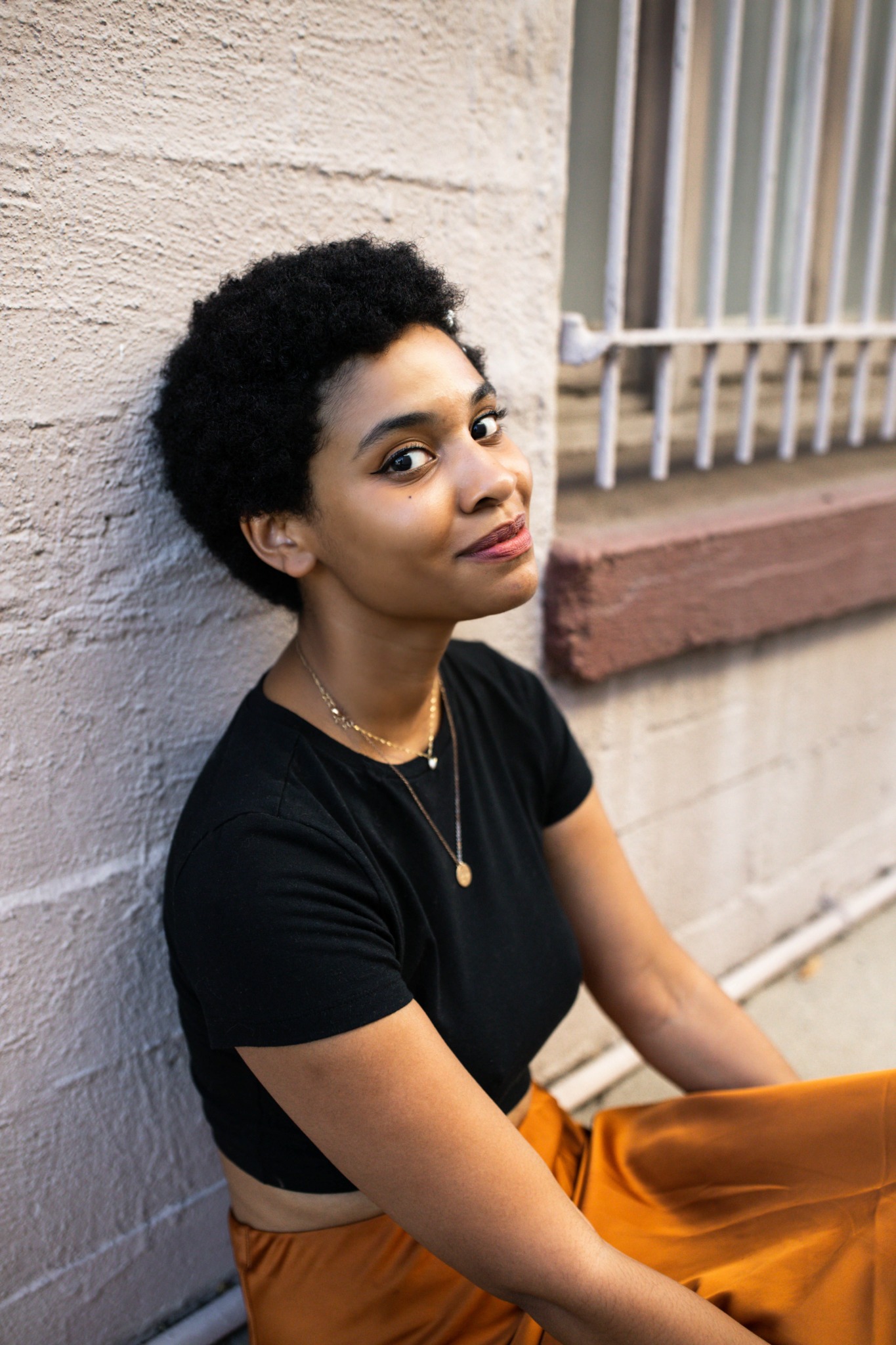We were lucky to catch up with Kathryn H. Ross recently and have shared our conversation below.
Hi Kathryn H. , thanks for joining us today. What did your parents do right and how has that impacted you in your life and career?
Growing up, my mom always wanted me (or my sister, or our cousins) to be a nurse like her. She never pushed it, but to this day she shares how nursing is her calling and how she hoped one of us in the family would follow in her footsteps.
My calling turned out to be writing, and when I told my parents that I wanted to be a writer full-time, professionally, legitimately, they simply said OK. My mom often tells people how she was scared when I chose writing because she didn’t know how I was going to take care of myself or make a living. But she never told me that. She never tried to stop me, redirect me, or flat-out talk me out of pursuing my dream. Instead, both my parents were supportive and, what’s more, they trusted me. They supported my writing and helped me improve so much that my dream quickly felt like a totally achievable reality.
When I declared an English major in college, my mom thought that meant I could become a teacher and breathed a sigh of relief. When I told her the last thing I wanted to do was teach, that I wanted to write and sell books, she still trusted me. Because my parents never told me that being a writer was impractical or a soft option, it never occurred to me to doubt it. While friends were heading into medicine or business or finance, I never felt like my choice was any less than theirs.
A creative vocation was a legitimate vocation, one they thought I could do. I think their support is what has propelled me forward because it’s given me the continued drive to keep learning, keep trying, and, of course, keep writing.
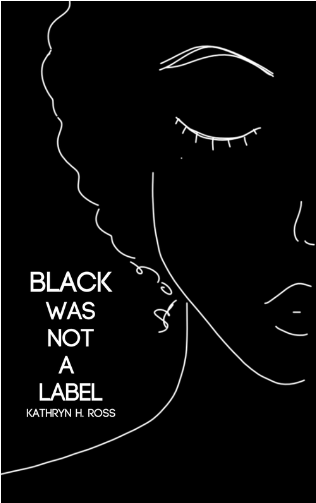
Awesome – so before we get into the rest of our questions, can you briefly introduce yourself to our readers.
I’ve always loved writing and stories. As a kid when my sister and I would play together, I was (somewhat bossily) in charge of the narrative arc for our stuffed animals, Legos, Barbies, etc. It just felt natural. I could see where the story was going, what would make a great twist, and how it was all going to end. I loved watching movies, reading, drawing, and imagining.
In junior high, I took a crack at my first novels, carrying notebooks with me everywhere so I could continue my story whenever I had a free moment. I began writing poems and short stories and, after discovering him in high school, Ray Bradbury became my favorite author and sci-fi my chosen genre.
My first creative work was published when I was eighteen years old: a poem in a review housed online. As the years went on, I racked up more publications: short stories, more poetry, and essays. I soon created a website to hold them all so people could find and read me. I attended readings and grew my creative network. At the end of graduate school, I had a full manuscript of personal essays that a fledgling publisher loved and wanted to put out into the world. Two years later, a poetry chapbook followed and was published with another small press. Along the way I was helped by so many: my professors, my friends, fellow writers, lit magazines and journals, an amazing internship, and my devoted family. With so much support, I learned that at the crux of writing success is community, and my community has buoyed me in fantastic ways. Alongside my writing journey, I’ve worked as a freelance writer, editor, and proofreader, building a business and working with clients to help them tell their stories better. My same amazing community referred people to me and helped me grow my portfolio, allowing me to become a better editor and writer for myself and my work. At the end of the day, it all comes down to the connections I’ve made. I couldn’t be who or where I am today without the help of others, and I want to pay that forward.
In my work and career, I’ve leaned into a few words that I feel describe me as a creative writer: Christian, Black, and Sincere. As I’ve grown as a person, I’ve found these labels encapsulate who I am as a person.
I hesitate to add “Christian” because I know that label comes with negative connotations and harm that I don’t agree with or endorse. Rather than erase it, though, I wish to clarify it by saying that, for me, my relationship with Christ is extremely important to me. I do believe I’ve been called to write and tell stories, but I’ve also been called to be kind, encouraging, truthful, helpful, and someone who speaks for and brings justice into the world in the ways that I can. My Christianity is not doctrines and rules, but love and adherence to the two greatest commandments: “Love God & Love Others.” It’s a relationship with Christ. Everything I do in my work and my personal life stems from these directives, and they are my highest calling. I live this out by having integrity in my writing, business, and work. I want to be someone who tells the truth, who speaks up for the disenfranchised, the voiceless, and the environment. I want my work to make people think about the world and others in ways they never have before, and ultimately lead them back to one another with grace, kindness, and acceptance. My faith informs every part of my life, so it naturally informs my writing,
My identity as a Black woman is another important part of my life that informs my writing. As a teenager, I wasn’t ashamed of being Black but I didn’t want my race to be the most important thing about me. Well, in America, my Blackness is always going to be the most important thing about me, and realizing and embracing that led me to understand and write about my heritage with great passion. I learned to understand how my race affects every aspect of my life, how it is the lens through which I view and exist in the world. I learned about my ancestors and my history and found so much beauty there in the midst of the pain and injustice. No matter what I write, I am a Black writer, and I want to claim that. I want to educate others without breaking beneath the weight of my double consciousness.
In the last year, I was asked to write a poem for Christianity Today as part of their 2024 Black History Month feature, and I wrote about my ancestors and my God. It’s a poem I feel combines the complexity of who I am, what I believe, what I want in life, and how I plan to achieve it. Last month, I was invited to visit a class at a local high school through the Lightbringer Project in Pasadena, CA, an arts and education nonprofit organization, and read and discussed that same poem with a group of teenagers, as well as an essay from my book. In that space, I was able to be my full self as a writer, artist, and person, and that’s what I strive for: to find and create spaces for others to feel that way too with my writing.
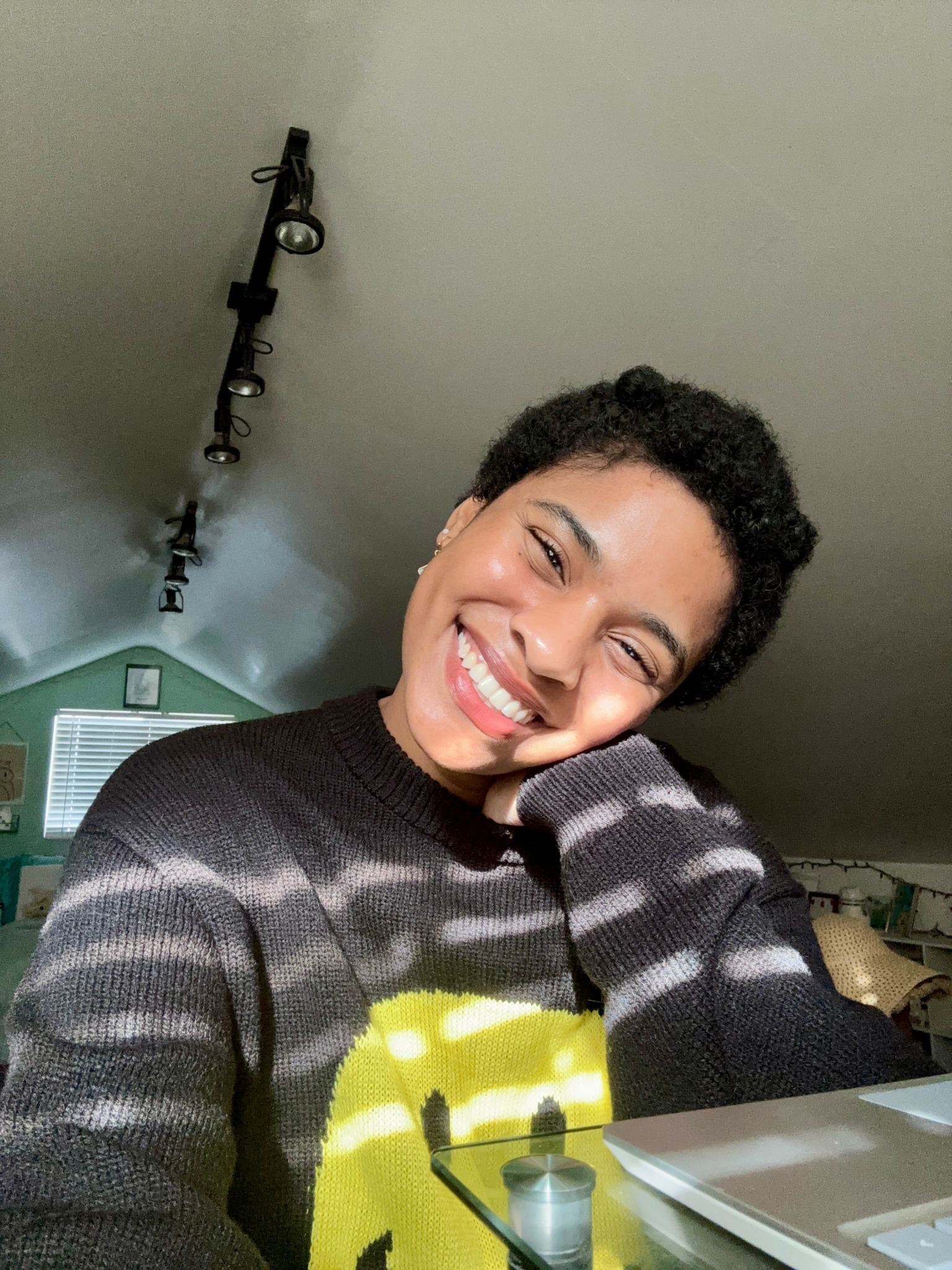
In your view, what can society to do to best support artists, creatives and a thriving creative ecosystem?
Art and creativity are huge parts of society, but they often don’t get the respect or recognition they deserve. During the pandemic when everyone was stuck at home, how were they spending their time outside of work? Reading. Watching television and movies. Listening to music. Drawing and painting. Writing. Playing video games. We saw then how important art, creativity, and stories are and how, in many ways, they save us. But as things veered back toward normal, people seemed to forget what had been there for them when the world stopped.
This is evidenced by the 2023 Writer’s Guild of America Strike in which countless writers had to fight to show that they, their thoughts, and their words are valuable and cannot be replaced or improved by AI and other options that produce while sacrificing soul. To see how much art and creativity meant just a few years before and then to turn around and have it so deeply taken for granted was staggering. Apart from this, creative vocations and education programs are still seen as soft options today. When compared to business, tech, and mathematics, it’s clear there’s a stigma attached to poetry and painting, dance and music, acting and designing. As a society we consume it. We need it. We rely on it. But how, then, is it still seen as unimportant? I just don’t understand how that works or why it is.
That said, the best way to support artists is to acknowledge that what they do matters and is an important part of a thriving society and people. No more stigma. No more suggestions that one line of work is more important than another. We do different things because people need different things. It’s all necessary. So, pay artists and creatives for their work, acknowledge their importance, and support them ethically. It matters so much.
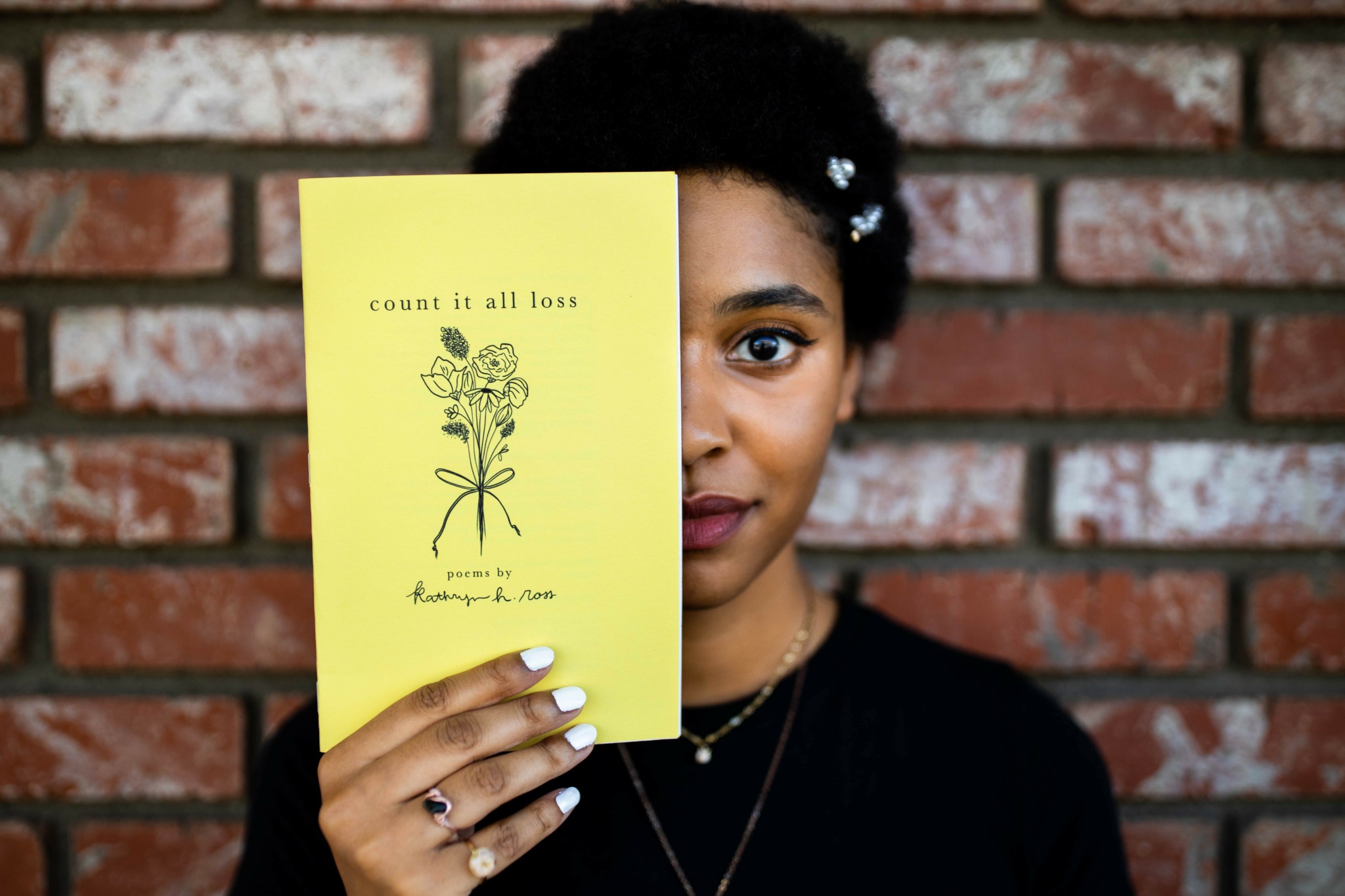
What do you find most rewarding about being a creative?
Being a creative makes me feel connected to humanity. Throughout human history, art and creativity have been apparent and important in flourishing societies. There’s a spark in mankind that pulls some of us towards art and creativity. It’s inherent, and the road of an artist has always been a hard one and hard-won. To acknowledge and nurture the creative spark within me attaches me to countless others. It’s rewarding to be a link in a chain that has and will endure for our collective lifetime.
Contact Info:
- Website: https://www.speakthewritelanguage.com/
- Instagram: @speakthewritelanguage
- Linkedin: https://www.linkedin.com/in/kathryn-h-ross-84494893
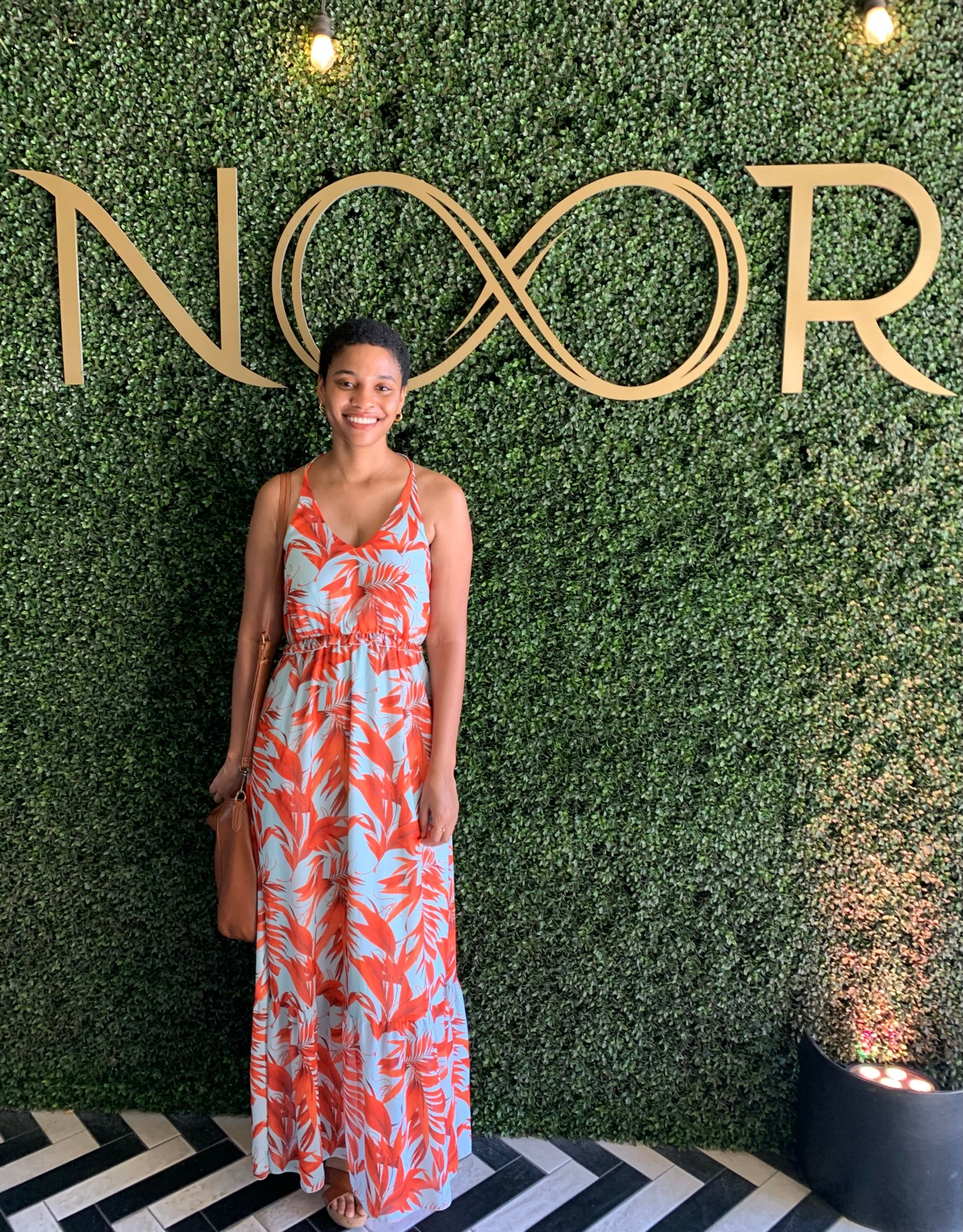
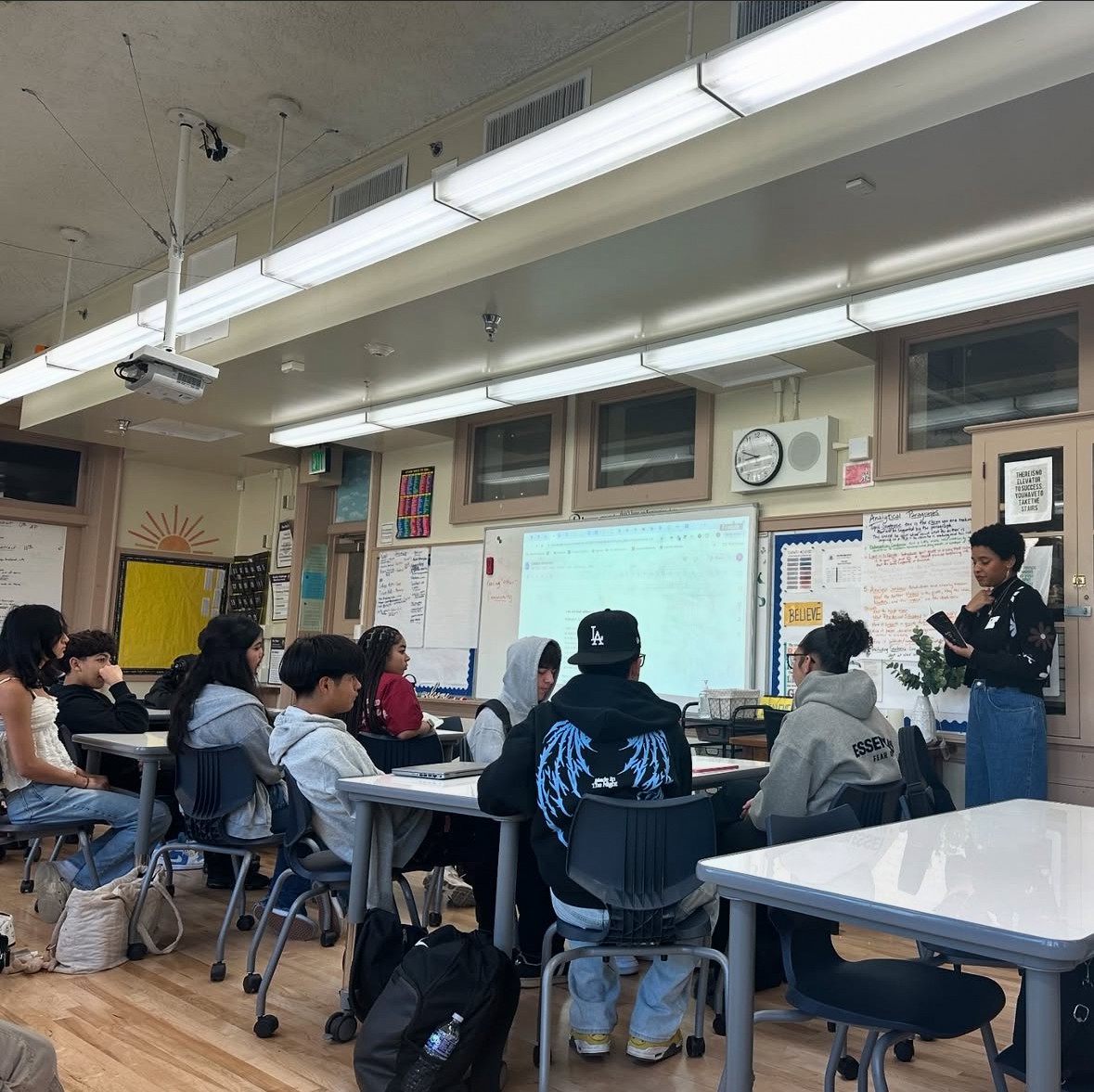
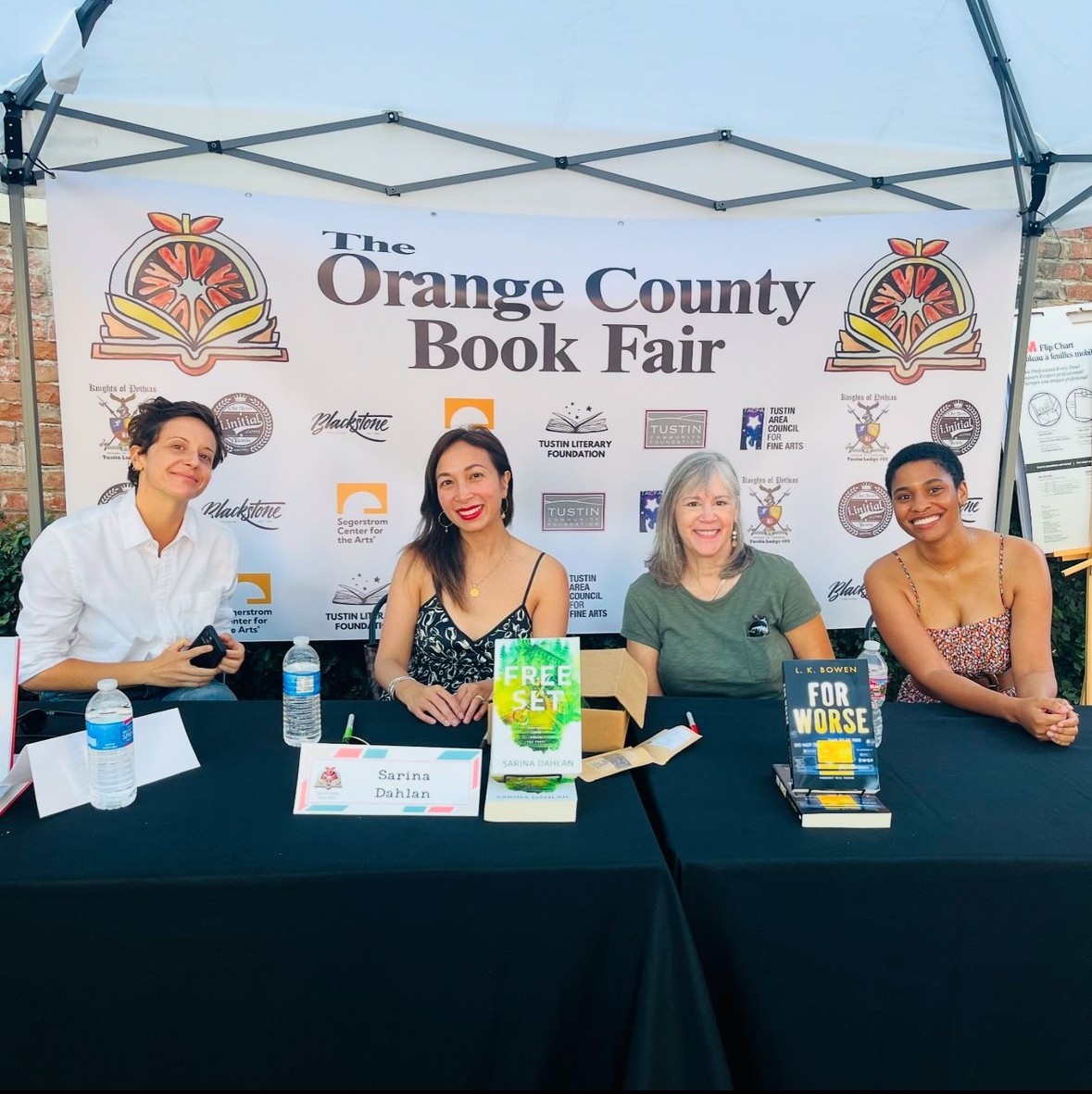
Image Credits
Brittany Yettaw Photography
LightBringer Project
Kathryn H. Ross


